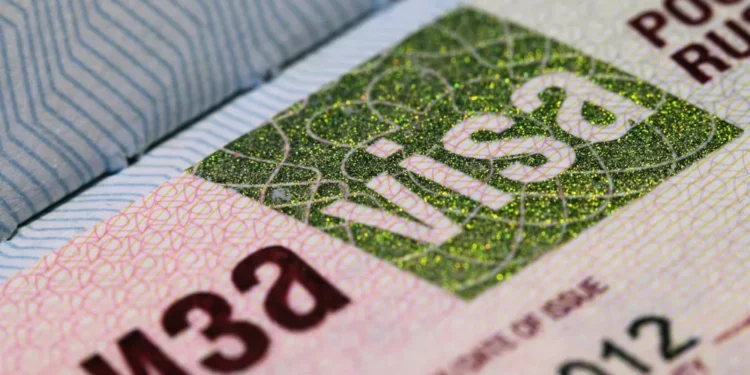Russia has announced that it will expand the extend its electronic visa programme, beginning August 23 by doubling the validity period from 60 to 120 days and extending the maximum stay from 16 to 30 consecutive days.
The development, announced this week will make the country more accessible to travellers from 64 eligible nations while preserving the programme’s single-entry restriction.
The e-visa, introduced nationwide in August 2023, has quickly become a popular means of entry into China.
Since its rollout, more than 1.2 million people have used it, with the largest numbers arriving from China, Saudi Arabia, Germany, Turkey, India, and Estonia.
Russian officials noted that the changes were designed to give visitors greater flexibility to plan longer or more meaningful tourism, business, or cultural exchange stays.
Officials stated that the application process will continue to be digital and simple.
Applicants can upload their documents via the official government portal and usually get approval within four calendar days.
The application fee for the process is approximately $50, with children under six being exempt from this cost, aside from any bank charges.
Travellers will now have four months from the issuance date to enter Russia and can stay there for a maximum of 30 consecutive days.
Authorities have reiterated that entry will be restricted to 105 designated checkpoints, which include major airports, railway stations, seaports, and specific land borders.
It further explained that crossing at other points will still require special authorisation from the Federal Security Service.
Although the extension of both validity and stay duration marks a significant shift, the e-visa remains single-entry and travellers who leave Russia must apply for a new visa to return although officials have indicated that this too may eventually change.
In June, Maxim Reshetnikov, Russia’s minister of economic development, said the government was considering introducing a multiple-entry e-visa.
No timeline was however given, but the proposal is viewed as a breakthrough for business travellers and regional visitors who might need to move in and out of Russia frequently.



